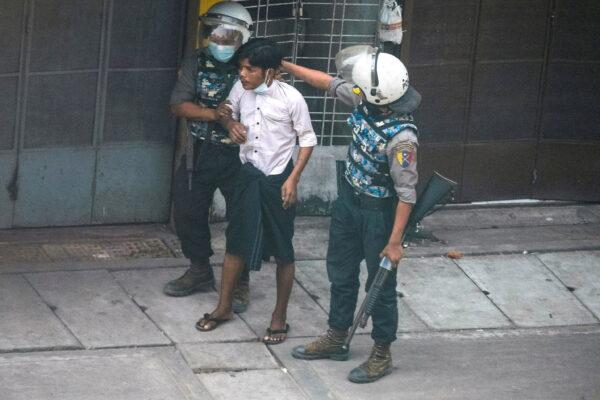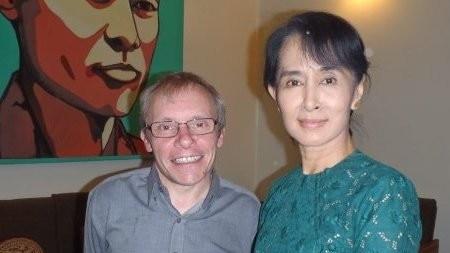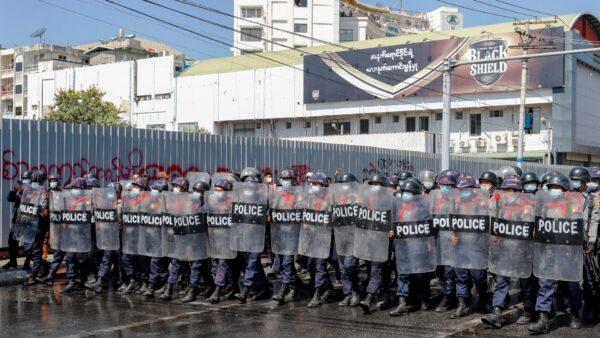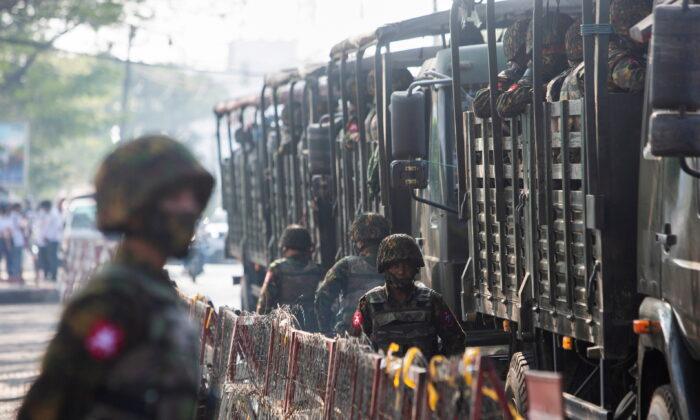On the second anniversary of the military coup in Burma (also known as Myanmar), the Australian government has announced a raft of sanctions targeting Burma’s military junta; these are the first sanctions implemented by Australia since the military coup in 2021.
This includes 16 members of the country’s military regime’s governing State Administration Council (SAC), who the Australian government regards as key individuals responsible for the coup d’état, as well as two Burmese military-controlled entities, Myanmar Economic Public Holdings Ltd (MEHL) and Myanmar Economic Corporation (MEC).

“Over the past two years, Australia, ASEAN, and international partners have repeatedly called on the Myanmar regime to engage in constructive dialogue and find a peaceful and durable resolution to the ongoing crisis,” Wong and Watts said.
“Despite these calls, the regime has continued its anti-democratic actions against the people of Myanmar, including violence and recent steps targeting opposition voices.
“The military regime has responded violently to any form of political expression, including peaceful protests. There is evidence thousands of civilians, including children, have been jailed, tortured, or killed.”
The ministers also called for the junta to restore democracy and hold credible elections in the country.
Sanctions Come After Release of Australian Advisor
These are the first sanctions to be implemented by the Australian government after the coup in 2021, which saw an Australian economic advisor to former Burmese leader Aung Sun Suu Kyi, Professor Sean Turnell, arrested in early 2021. He was sentenced to three years in jail in September for allegedly “violating the country’s official state secrets act.”
Turnell, who was released after 650 days in prison, is a highly regarded academic from Sydney’s Macquarie University and was director of the Myanmar Development Institute in its capital Naypyitaw. His wife, Ha Vus, has stood by him, writing on social media he had done nothing wrong.
International Call For Democracy to Return to Burma
The sanctions come as the European Union’s High Representative for Foreign Affairs and the Foreign Ministers of Albania, Armenia, Bosnia and Herzegovina, Canada, the Federated States of Micronesia, Georgia, Ghana, Iceland, Liechtenstein, Montenegro, New Zealand, North Macedonia, Norway, the Republic of Korea, the Republic of the Marshall Islands, the Republic of Palau, Serbia, Switzerland, Ukraine, the United Kingdom and the United States have called on the junta to restore democracy to the country.“The military overruled the democratic wishes of the people of Myanmar as expressed in the November 2020 General Election, when they seized power on Feb. 1, 2021,” the minister said.
“We reiterate our call for the return of Myanmar to a democratic path. The military regime must end violence and create space for meaningful and inclusive dialogue to allow for any democratic process to resume.”
The ministers noted that there had been credible reports from Burma that the junta has been implementing an increasingly violent crackdown on any form of opposition, including peaceful protests, with reports that thousands of civilians, including children, have been jailed, tortured and killed.

“There are mounting reports that air strikes, bombardments and the mass burning of villages and places of worship have targeted civilians and civilian infrastructure,” the minister said.
“We call on all members of the international community to support all efforts to hold those responsible for human rights violations and abuses to account; to cease the sale and transfer of arms and equipment which facilitate atrocities; and to meet the urgent humanitarian needs of Myanmar’s people, including its most vulnerable communities.”
In October, the junta allegedly used three military jets to drop bombs on A Nang Pa in Hpakant Township—where hundreds of people gathered to celebrate the 62nd anniversary of the Kachin Independence Organization (KIO)—at 8.30 p.m. (local time).
KIO’s spokesperson Colonel Naw Bu said the military regime in Burma had deliberately launched airstrikes on Hpakant to target civilians rather than the KIO army.
“There was no fighting that had broken out between us and the military,” Naw Bu told Myanmar Now. “They bombed the event on purpose, knowing that there were many civilians there. This is inhumane and a war crime.”





Friends Read Free